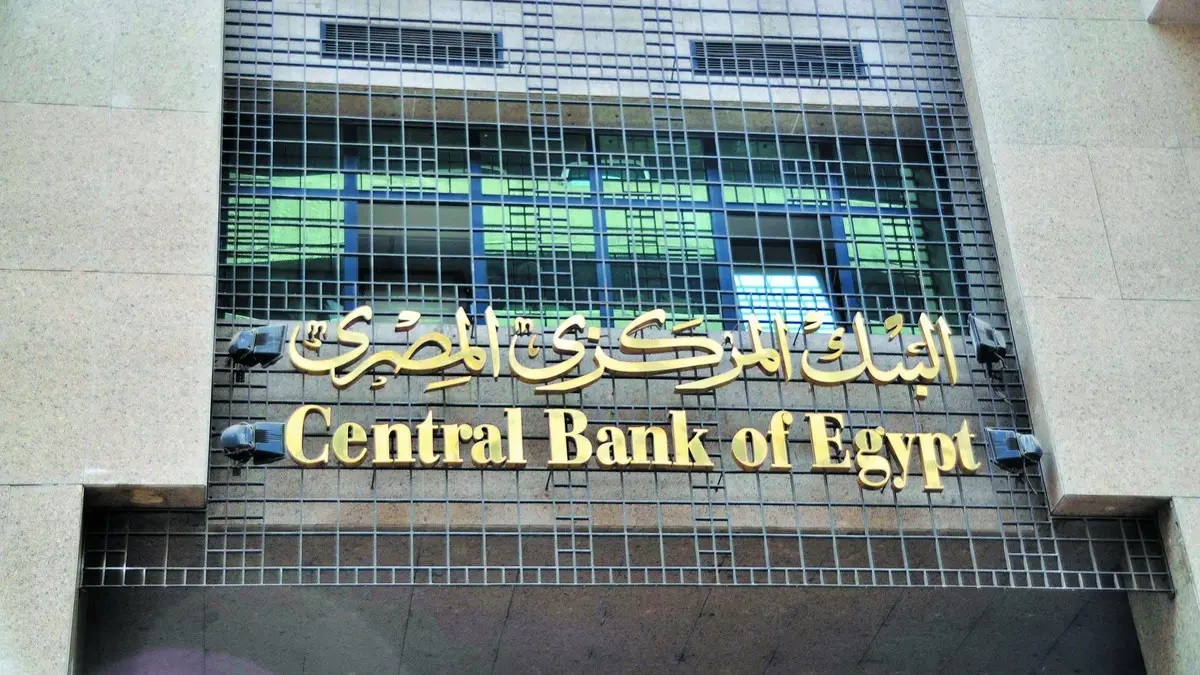Egypt’s Central Bank Implements Bold Economic Measures: Interest Rate Hike and Exchange Rate Liberalization

Watan-In a sudden decision, the Central Bank of Egypt decided to raise the interest rate by 6% in one go, along with liberalizing the exchange rate, amid a severe economic crisis hitting the country.
Following the central bank’s decision, the dollar exchange rate in the black market witnessed a significant increase.
A statement issued by the central bank stated that the Monetary Policy Committee decided in an extraordinary meeting to raise the deposit and lending rates for one night and the central bank’s main operation rate by 600 basis points to reach 27.25%, 28.25%, and 27.75%, respectively.
The Egyptian central bank also decided to raise the credit and discount rate by 600 basis points to reach 27.75%.
The statement mentioned that the local economy has recently been affected by a shortage of foreign currency reserves, leading to the emergence of a parallel market for the exchange rate and a slowdown in economic growth.
It added: “External repercussions resulting from global inflationary pressures have continued to accumulate concurrently with successive shocks to the global economy. These shocks and their repercussions have led to increased inflation uncertainty and expectations, adding to inflationary pressures.”
The exchange rate movements resulting from this, along with the rise in global prices of basic commodities alongside local supply shocks, have led to continued inflationary pressures, which in turn pushed the overall inflation rate to record levels.
Despite recent slowing annual inflation rates, it is expected to surpass the target rate announced by the Egyptian Central Bank of 7% (± 2 percentage points) on average during the fourth quarter of 2024.
Allowing the exchange rate to be determined according to market mechanisms
The central bank emphasized its commitment to maintaining price stability over the medium term. To achieve this, the bank commits to continue its efforts to transition towards a flexible framework for inflation targeting, by continuing to target inflation as a nominal anchor for monetary policy while allowing the exchange rate to be determined according to market mechanisms.
It pointed out that exchange rate unification is of utmost importance, as it helps eliminate the accumulation of demand for foreign currency following the closure of the gap between the official and parallel market exchange rates.

The central bank said in its statement: “Based on the decision taken by the committee in its meeting on February 1, 2024, to raise the basic yield rates by 200 basis points, the committee decided to expedite the monetary tightening process to accelerate inflation’s return to its downward path and ensure a decline in monthly inflation rates. The Monetary Policy Committee also emphasizes the importance of controlling inflation expectations, and the restrictive policy requires raising basic yield rates to bring real yield rates to positive levels.”
The Egyptian central bank clarified that monetary tightening could lead to a decline in real credit granted to the private sector in the short term, but rising inflationary pressures pose a greater risk to the stability and competitiveness of the private sector.
Following the central bank’s decision, the dollar exchange rate in the parallel market rose to 50 Egyptian pounds, compared to estimates of 40 Egyptian pounds before the decision.




